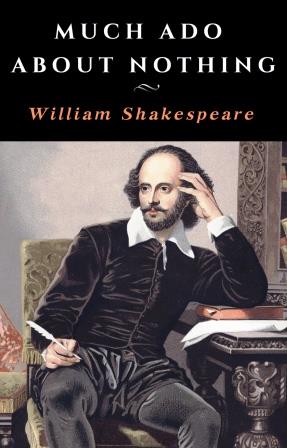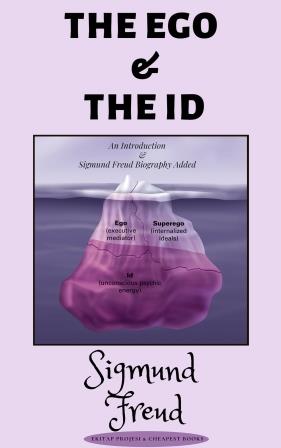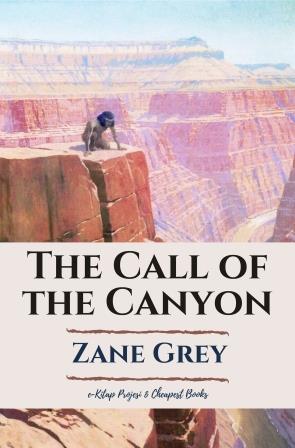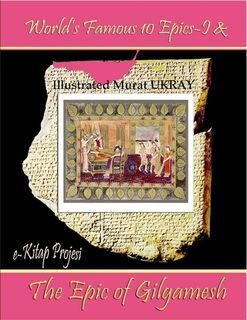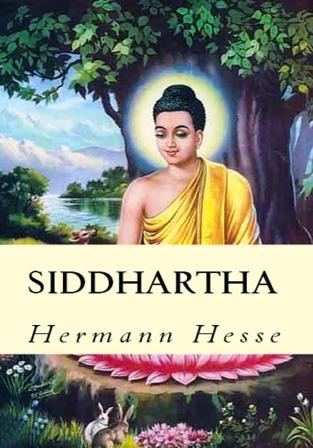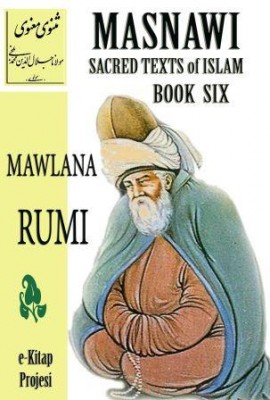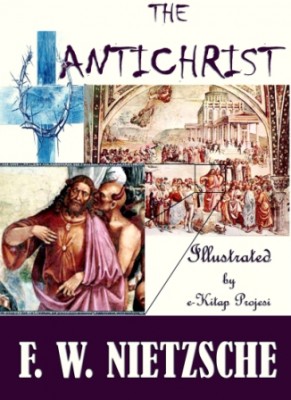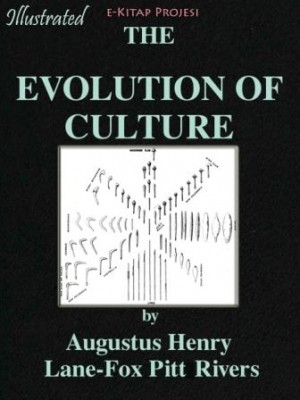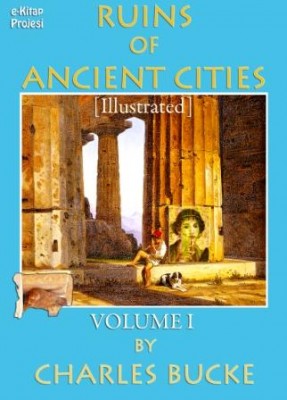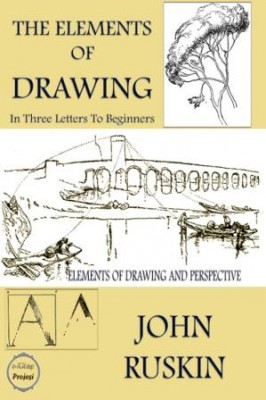More Search Results...
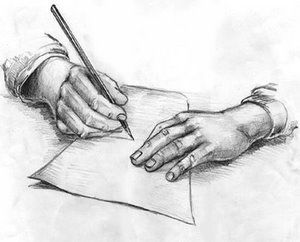
Much Ado About Nothing
Much Ado About Nothing, comedy in five acts by William Shakespeare, written probably in 1598-99 and printed in a quarto edition from author's own manuscript in 1600. Play takes an ancient theme-that of a woman falsely accused of unfaithfulness-to brilliant comedic heights. Shakespeare used as his main source for Claudio-Hero plot a story .
More info →The Ego and the ID
In his later work, Freud proposed that the human psyche could be divided into three parts: Id, ego and super-ego. Freud discussed this model in the 1920 essay Beyond the Pleasure Principle, and fully elaborated upon it in The Ego and the Id (1923), in which he developed it as an alternative to his previous topographic schema.
More info →The Call of the Canyon
Glenn Killbourne and his fiancee Carley Burch find a strange test of their love in the mountains and canyons of Arizona.
More info →World’s Famous 10 Epics-I: The Epic of Gilgamesh
"The Epic of Gilgamesh, an epic poem from Mesopotamia, is amongst the earliest surviving works of literature. The literary history of Gilgamesh begins with five independent Sumerian poems about 'Bilgamesh' (Sumerian for Gilgamesh), king of Uruk. Four of these were used as source material for a combined epic in Akkadian. This first, "Old Babylonian" version of the epic dates to the 18th century BC and is titled Shūtur eli sharrī ("Surpassing All Other Kings"). Only a few fragments of it survived. The later, Standard Babylonian version dates from the 13th to the tenth centuries BC and bears the title Sha naqba īmuru ("He who Saw the Deep"). Fragments of approximately two thirds of this longer, twelve-tablet version have been recovered. Some of the best copies were discovered in the library ruins of the 7th-century BC Assyrian king Ashurbanipal.
More info →Siddhartha: An Indian Tale
Siddhartha is a novel by Hermann Hesse that deals with the spiritual journey of self-discovery of a man named Siddhartha during the time of the Gautama Buddha. The book, Hesse's ninth novel (1922), was written in German, in a simple, lyrical style. It was published in the U.S. in 1951 and became influential during the 1960s. Hesse dedicated Siddhartha to his wife Ninon ("Meiner Frau Ninon gewidmet ") and supposedly afterwards to Romain Rolland and Wilhelm Gundert.
The word Siddhartha is made up of two words in the Sanskrit language, siddha (achieved) + artha (meaning or wealth), which together means "he who has found meaning (of existence)" or "he who has attained his goals". In fact, the Buddha's own name, before his renunciation, was Siddhartha Gautama, Prince of Kapilvastu, Nepal. In this book, the Buddha is referred to as "Gotama".
Masnawi Sacred Texts of Islam {BOOK SIX}
O Life of the heart, Husamu-'d-Din, My zeal burnt within me to write this sixth part! The Masnavi became a standard through thy influence, Thy sword (Husam) has made it an exemplar to the world O spiritual one, I now offer it to thee, This sixth part of the entire Masnavi. Story I: The Hindu Slave who loved his Master's Daughter Story II: The Fowler and the Bird Story III: The Drunken Turkish Amir and the Minstrel Story IV: The Purchase of Bilal Story V: The Sufi and the Qazi Story VI: The Faqir and the Hidden Treasure Story VII: The Three Travelers Story VIII: The Man who received a Pension from the Prefect of Tabriz Story IX: The King and his Three Sons
More info →The Antichrist (Illustrated)
This book belongs to the most rare of men. Perhaps not one of them is yet alive. It is possible that they may be among those who understand my “Zarathustra”: how could I confound myself with those who are now sprouting ears?—First the day after tomorrow must come for me. Some men are born posthumously.
More info →The Evolution of Culture
Overview
In This important book & These Essays, or rather Lectures, contain the first-fruits of the earliest systematic attempt to apply the theory of Evolution to the products of human handiwork. In their original form they have long been difficult to obtain; they are reprinted now to supply the needs of candidates for the Oxford Diploma in Anthropology, and of the numerous visitors to the Pitt-Rivers Museum in Oxford. But they will certainly appeal to a far wider public also, as a brief and authentic statement of their author’s discoveries.
Ruins of Ancient Cities (Volume I)
Of chance or change, oh! let not man complain;
Else shall he never, never, cease to wail;
For from the imperial dome, to where the swain
Rears his lone cottage in the silent dale,
All feel the assault of fortune's fickle gale.
Art, empire, earth itself, to change are doom'd;
Earthquakes have raised to heaven the humble vale;
And gulfs the mountains' mighty mass entomb'd;
And where the Atlantic rolls wide continents have bloom'd.
{BEATTIE.}
More info →The Elements of Drawing
["The Elements of Drawing" was written during the winter of 1856. The First Edition was published in 1857; the Second followed in the same year, with some additions and slight alterations. The Third Edition consisted of sixth thousand, 1859; seventh thousand, 1860; and eighth thousand, 1861.
The work was partly reproduced in "Our Sketching Club," by the Rev. R. St. John Tyrwhitt, M.A., 1874; with new editions in 1875, 1882, and 1886.
Mr. Ruskin meant, during his tenure of the Slade Professorship at Oxford, to recast his teaching, and to write a systematic manual for the use of his Drawing School, under the title of "The Laws of Fésole." Of this only vol. i. was completed, 1879; second edition, 1882.
As, therefore, "The Elements of Drawing" has never been completely superseded, and as many readers of Mr. Ruskin's works have expressed a desire to possess the book in its old form, it is now reprinted as it stood in 1859.]


























